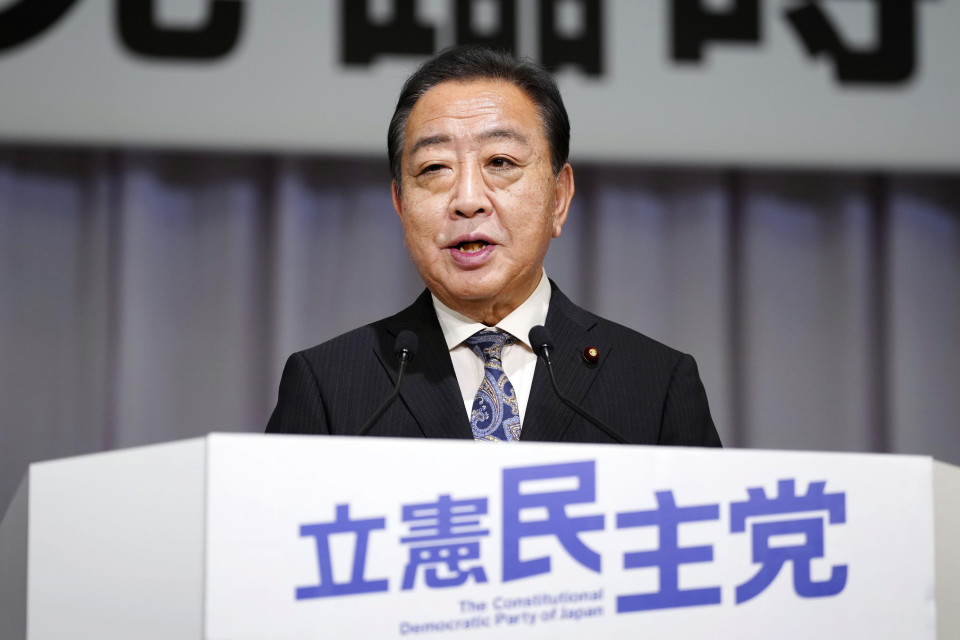As Japan approaches its October 27, 2024, general election, a record number of 314 women are running for seats in the House of Representatives. Despite this milestone, female candidates still make up only 23.4% of the total pool, highlighting Japan’s slow progress in closing the gender gap in politics. Ranked 118th globally in the “World Economic Forum’s” 2024 Global Gender Gap Report, Japan lags behind other G7 nations in political gender equality.
While there are more female candidates this year than ever before, they still face significant obstacles. Political parties, particularly the ruling Liberal Democratic Party (LDP), continue to have a low representation of women. Only 20% of the LDP’s candidates are female, demonstrating the male-dominated nature of the party. Karen Makishima, one of the few female LDP candidates, notes that “gender stereotypes run deep, making it difficult for women to break through the political glass ceiling.”
Also Read: India, China, Russia: The Power Trio at BRICS 2024
Critics and activists are increasingly advocating for gender quotas to address this imbalance. Tsujimoto Kiyomi, a long-serving lawmaker from the opposition Constitutional Democratic Party (CDP), argues that voluntary measures are insufficient. She said, “Without systemic changes like gender quotas, we will continue to see women marginalized in decision-making processes.” Kiyomi has been vocal about the need for stronger gender policies, pushing for a 50% female representation target across political parties.
 However, even within more progressive parties like the CDP, women only make up around 30% of candidates, far below the ideal threshold of equal representation. Meanwhile, Prime Minister Fumio Kishida has acknowledged the gender gap issue but has stopped short of endorsing quotas, preferring gradual change through voluntary reforms.
However, even within more progressive parties like the CDP, women only make up around 30% of candidates, far below the ideal threshold of equal representation. Meanwhile, Prime Minister Fumio Kishida has acknowledged the gender gap issue but has stopped short of endorsing quotas, preferring gradual change through voluntary reforms.
While Japan celebrates its highest number of female candidates, structural and cultural challenges persist. Gender biases, deeply ingrained in Japanese society, prevent women from advancing in politics at the same pace as men. Despite incremental improvements, the 2024 election is a stark reminder that significant hurdles remain. To ensure that women can participate fully in shaping Japan’s future, bolder reforms are required beyond merely increasing the number of female candidates.

